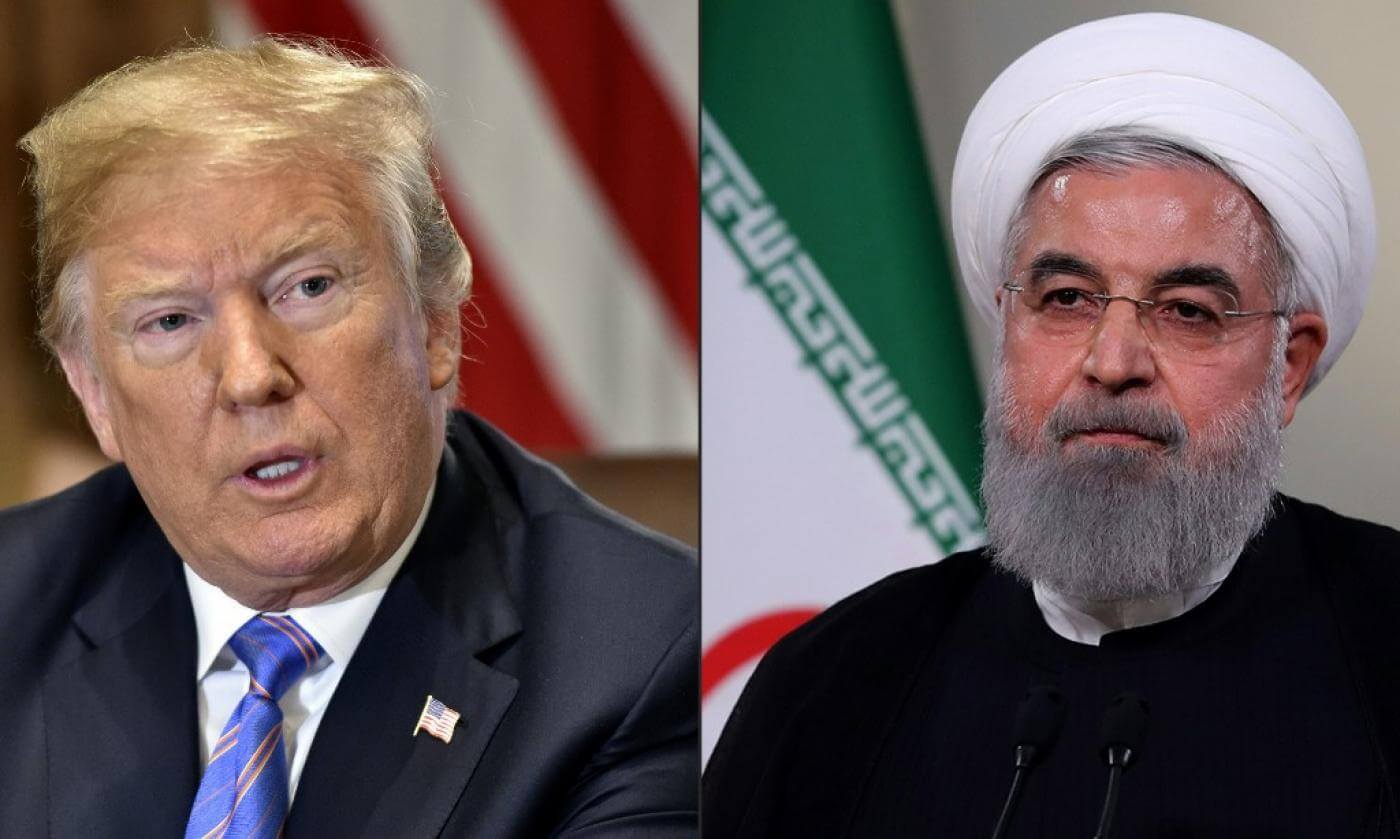On Tuesday, the United States (US) Treasury Department imposed new sanctions on Iran and blacklisted 12 steel companies. On the same day, Iran issued a “red notice” request to international police organization Interpol seeking the arrest of US President Donald Trump and 47 other American officials for the role they played in the assassination of top general Qasem Soleimani last January.
The Treasury’s Office of Foreign Assets Control (OFAC) sanctioned a China-based supplier of graphite electrodes, a key element in steel production, as well as twelve Iranian producers of steel and other metals products, and three foreign-based sales agents of a major Iranian metals and mining holding company. Washington justified its move by stating that the Iranian metals sector is an important revenue source for the regime and that it helps generate funding for corrupt leaders and terrorist activities. The sanctions were ordered in accordance with the US’s Executive Order (E.O.) 13871 passed by the Trump administration on May 8, 2020.
“The Trump Administration remains committed to denying revenue flowing to the Iranian regime as it continues to sponsor terrorist groups, support oppressive regimes, and seek weapons of mass destruction,” Treasury Secretary Steven T. Mnuchin said in a statement.
On the same day, Iranian judiciary spokesman Gholamhossein Esmaili announced during a press conference that the country has requested Interpol for the second time to arrest President Trump, along with 47 other American officials identified to be responsible for the assassination of Islamic Revolutionary Guard Corps (IRGC) general Qasem Soleimani last year. “The Islamic Republic of Iran is very seriously following up on pursuing and punishing those who ordered and executed this crime,” Esmaili said.
Previously in June, Iran’s prosecutor, Ali Alqasimehr, issued a warrant to Interpol against Trump and other US officials under “murder and terrorism charges”. However, the France-based organization rejected Iran’s charges, stating that its constitution forbids it from undertaking “any intervention or activities of a political, military, religious or racial character”,
January 3, 2020, Iranian general Soleimani and senior Iraqi militia leader Abu Mahdi al-Muhandis were killed by a US drone attack. At the time, US officials claimed that Soleimani posed an “imminent threat” to the nation, as he was actively planning on attacking American diplomats in Iraq and other parts of the Middle East. In fact, the Pentagon holds the Quds Force—an elite unit in the IRGC that Soleimani led—responsible for the deaths of hundreds of American coalition service members, and for attacks on coalition bases in Iraq.
The assassination was heavily criticised by the Iranian leadership and was followed by protests to avenge Soleimani’s death all across the country. As an immediate response to the incident, Iran launched more than a dozen missiles at Iraqi bases hosting US and coalition troops. The strike targeted the Al-Asad airbase in Iraq’s Anbar province as well another US base in the northern city of Erbil. Followed by which, on Sunday, a year after Soleimani’s death, Iran organised a mock funeral to mark the one year anniversary of the assassination. Furthermore, on Monday, Iranian authorities announced the country’s decision to increase its uranium enrichment to 20% purity, in what is considered to be the biggest breach yet of the 2015 nuclear deal. Tehran’s move was strongly criticised by leaders all across the world.
The increasing tensions between Washington and Tehran raise serious concerns, as they come in the last two weeks of Trump’s presidency. Though President-elect Joe Biden has expressed hope to improve ties between the two sides, these recent developments may complicate any such efforts.
Iran-US Tensions Escalate Amid New Sanctions on Steel Sector
On the same day, Iran also issued a second Interpol notice against US President Donald Trump and 47 other US officials for Gen. Soleimani’s killing.
January 7, 2021

SOURCE: MIDDLE EAST EYE
